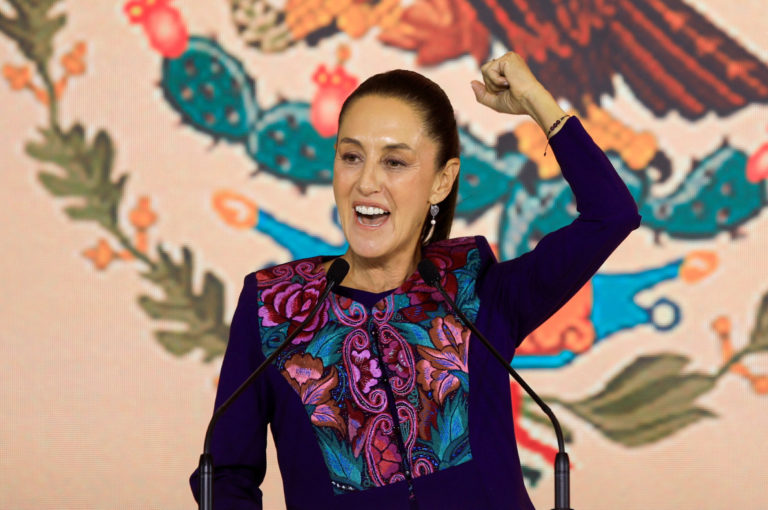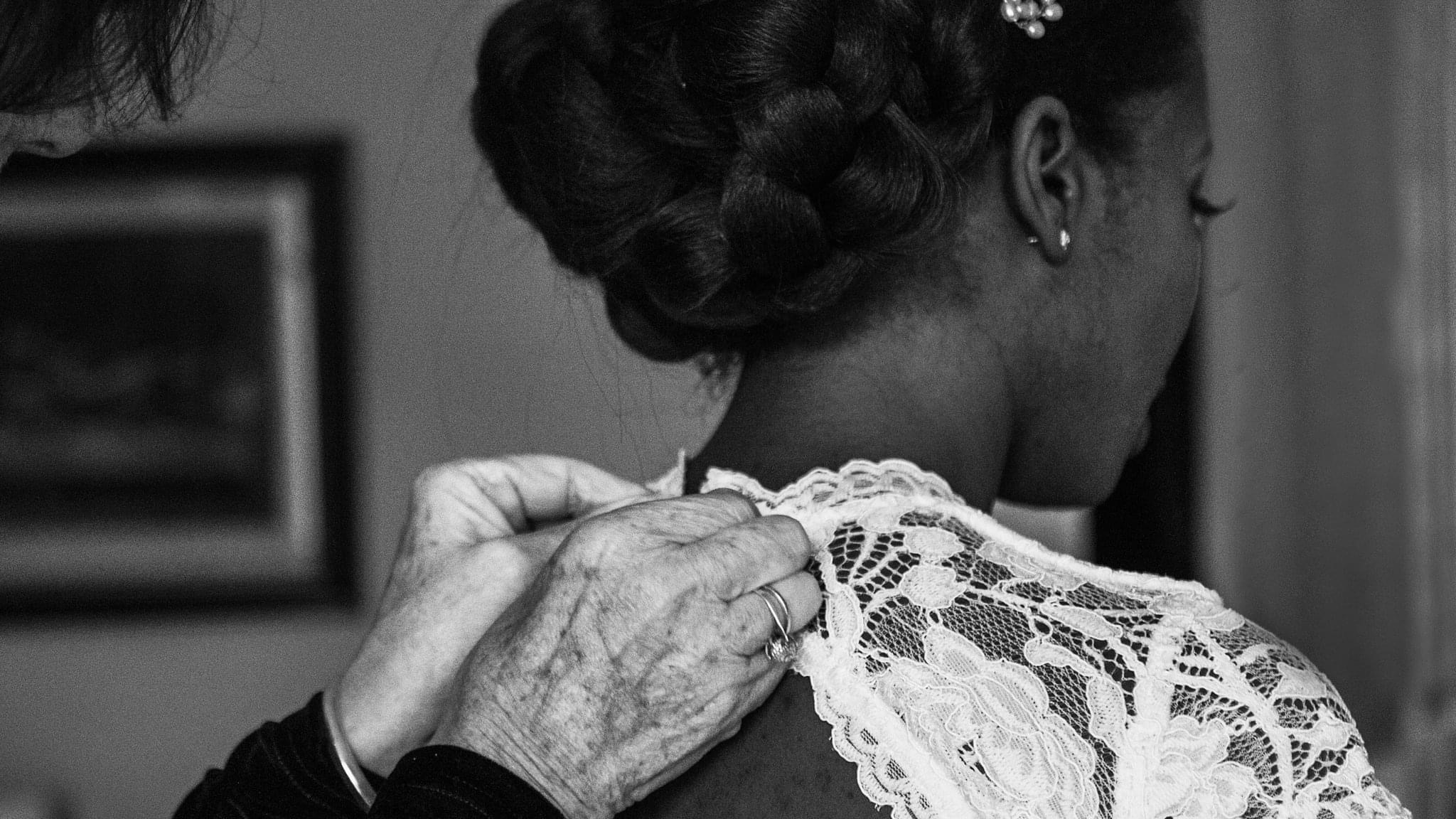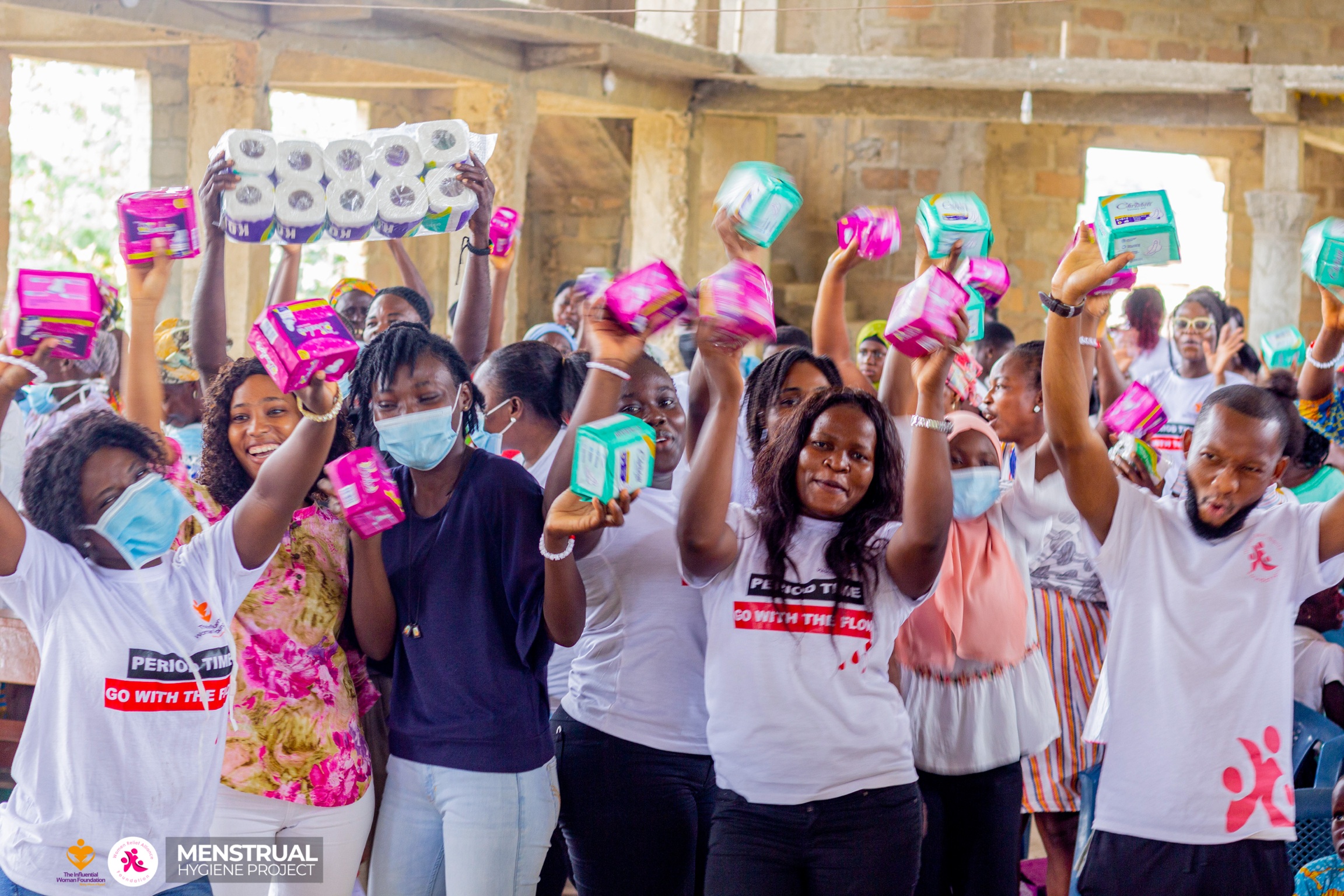Mexico's First Woman President Elect, Claudia Sheinbaum Promises
Continuity and Change
Claudia Sheinbaum has made history as Mexico's first woman
president, marking a significant milestone in over 200 years of the nation’s
independence. The 61-year-old former Mexico City mayor and committed leftist
secured the presidency by emphasizing continuity with her predecessor’s
policies.
Sheinbaum, a lifelong advocate for addressing inequality,
shares many political views with the current President Andrés Manuel López
Obrador, but she brings a different approach to leadership. Known for being
less combative and more data-driven, Sheinbaum’s scientific background,
including a Ph.D. in energy engineering, informs her policy decisions.
During the COVID-19 pandemic, Sheinbaum’s scientific mindset
was evident. While the federal government downplayed testing, she expanded
testing in Mexico City and implemented strict measures to curb the virus's
spread, contrasting sharply with López Obrador’s stance.
One of Sheinbaum’s immediate challenges will be addressing
Mexico's high levels of violence. The nation has experienced a 150% rise in
violence, with numerous political candidates assassinated, largely due to
cartel activity. Sheinbaum has pledged to expand the National Guard and tackle
the root causes of crime, focusing on social issues that lead to cartel
recruitment, while rejecting authoritarian measures.
In her campaign, Sheinbaum echoed López Obrador’s criticism
of neoliberal policies and support for a strong welfare state. She also praised
Pemex, the state-owned oil company, and committed to advancing clean energy.
As Sheinbaum prepares to take office on October 1, her leadership will be closely watched by both domestic and international observers. Her presidency represents not only a continuation of López Obrador’s policies but also potential shifts in strategy, particularly in how she engages with other branches of government and the media.










.jpg)